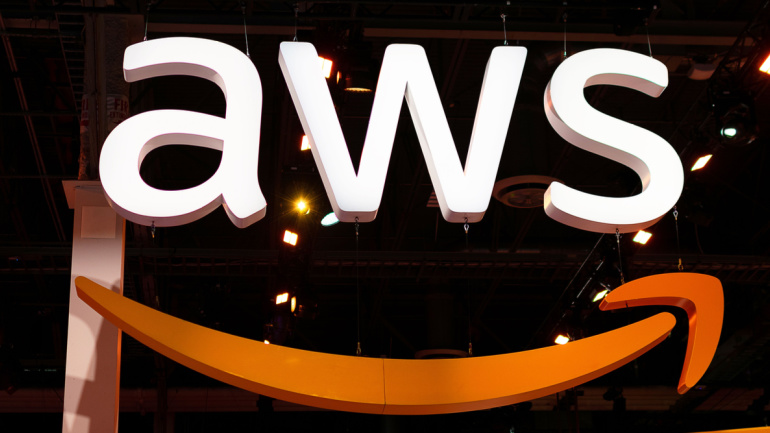Microsoft embarks on an ambitious project, unveiling Microsoft AI London – a hub focused on advancing AI research and development. Helmed by AI scientist Jordan Hoffman, the hub will concentrate on building innovative language models and key infrastructure. Further enriching the UK’s AI ecosystem, the project aligns with Microsoft’s substantial investment strategy advancing the UK workforce towards the AI era.
In a strategic move that could redefine the trajectory of Vodafone’s future, the telecom giant has entered into a comprehensive 10-year partnership with Microsoft. Covering all Vodafone markets in Europe and Africa, this collaboration aims to reach a staggering 300 million people.
China finished building the first launchpad at its Wenchang spaceport for the Long March 8 rocket. OmniOn Power’s Intelligent Distribution Bay addresses the growing challenges in the telecom and data center industry by providing real-time monitoring. Infobip launched AI Hub, an advanced upgrade integrating analytics, AI, and gen AI features to facilitate seamless end-to-end conversational experiences. CallTower joined the International Trade Council, reinforcing its dedication to excellence in Cloud Communications. The US government granted $50 million to Dish for the Open RAN Center for Integration & Deployment (ORCID), aimed at enhancing the global Open RAN ecosystem.
In response to the rapid growth of the metaverse and generative AI sectors, the European Commission (EC) is conducting a comprehensive evaluation of the competitive landscape. Margrethe Vestager, the Executive Vice President of competition policy, has issued Requests for Information (RFI) for both markets, urging stakeholders to share insights on competition levels and propose ideas on how antitrust regulations can sustain competitiveness.
Ooredoo drives Qatar National Vision 2030 with a widespread fiber rollout, covering 99.9% of households, maintaining high service levels and introducing innovative technologies. Vodafone UK advocates for the implementation of 5G SA technology, citing its transformative impact on industries, such as renewable energy and agriculture. CableLabs has made strides in deploying 10G network in 2023, advancing DOCSIS 4.0 technology, issuing CPON architecture specifications, and accelerating FTTP adoption. Microsoft’s new Copilot key represents a groundbreaking addition to Windows keyboards, integrating AI seamlessly and signaling a significant shift after three decades.
As the interest in AI accelerates globally, a resurgence is noticed in a related sector: data center investment. AI-integrated solutions demand higher processing capability, marking data centers as attractive long-term investments. Recently, a $7 billion data center joint venture was announced by Blackstone and Digital Realty, promising additional data centers and enhanced IT capacity.
ITU announced a 6G framework, advancing global standards with a focus on spectrum bands, capabilities, and use cases. Eutelsat OneWeb and Imperial College are teaming up to transform space weather monitoring. Google launched Gemini AI model with flexibility to process diverse data types. SoftBank acquires 51% of Cubic Telecom, forming a strategic partnership for software-defined connected vehicles.
In the wake of a profound digital transformation, businesses are strategically navigating the evolving landscape of generative artificial intelligence (genAI), propelling them into a new era of adaptability and innovation. The surge in genAI-related job postings, as reported by GlobalData’s Job Analytics Database, reflects a growing commitment among companies to stay relevant and competitive in this dynamic environment.
Amazon’s sizable investment in one AI provider shakes up AWS’ traditional neutral stance on supporting multiple AI models—a game-changer with implications for large tech players and telecommunication operators. The recent announcement to commit up to $4 billion to Anthropic, a competitive stakeholder in AI, could alter customer experiences and sway preferences towards their Claude AI model. The telecoms industry’s reaction remains crucial as operators navigate the expanding AI revolution.
The UK Competition and Markets Authority is charting the course for fair AI practices, guided by seven strategic principles. Their balanced approach, drawn from a diverse pool of inputs, aims to ensure competitive integrity and consumer welfare in the AI-driven market. The spotlight is on accountability, ensuring AI creators shoulder responsibility for their solutions’ implications. Additionally, advocating for consumer freedom in choice and flexibility, they aim to deter anti-competitive practices. However, who exactly should uphold the principle of transparency remains unclear.













